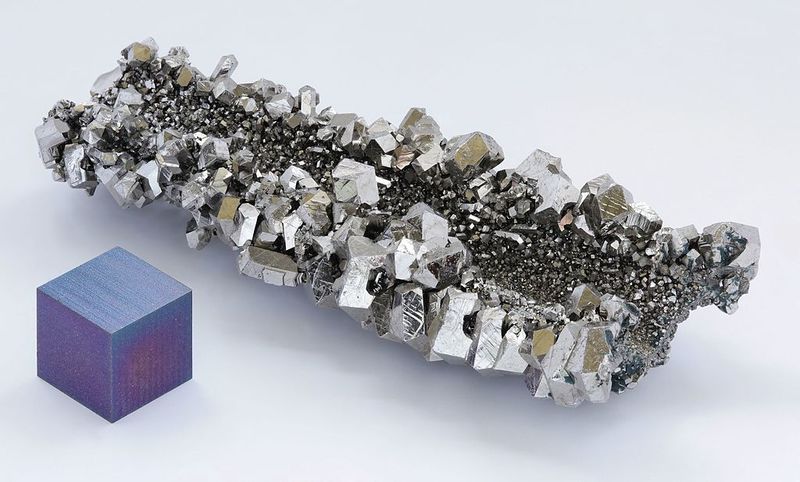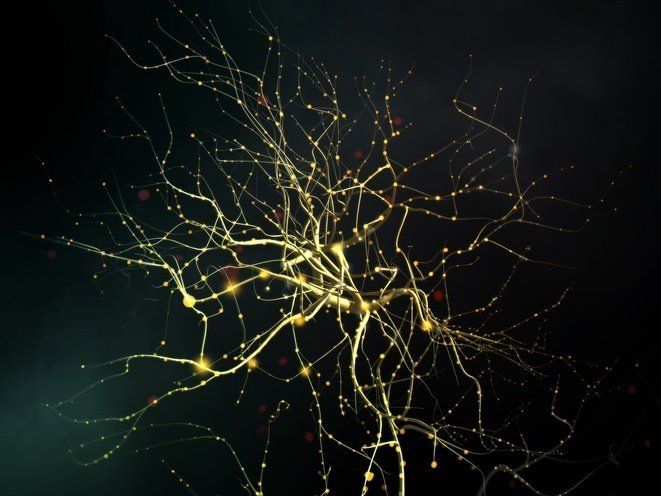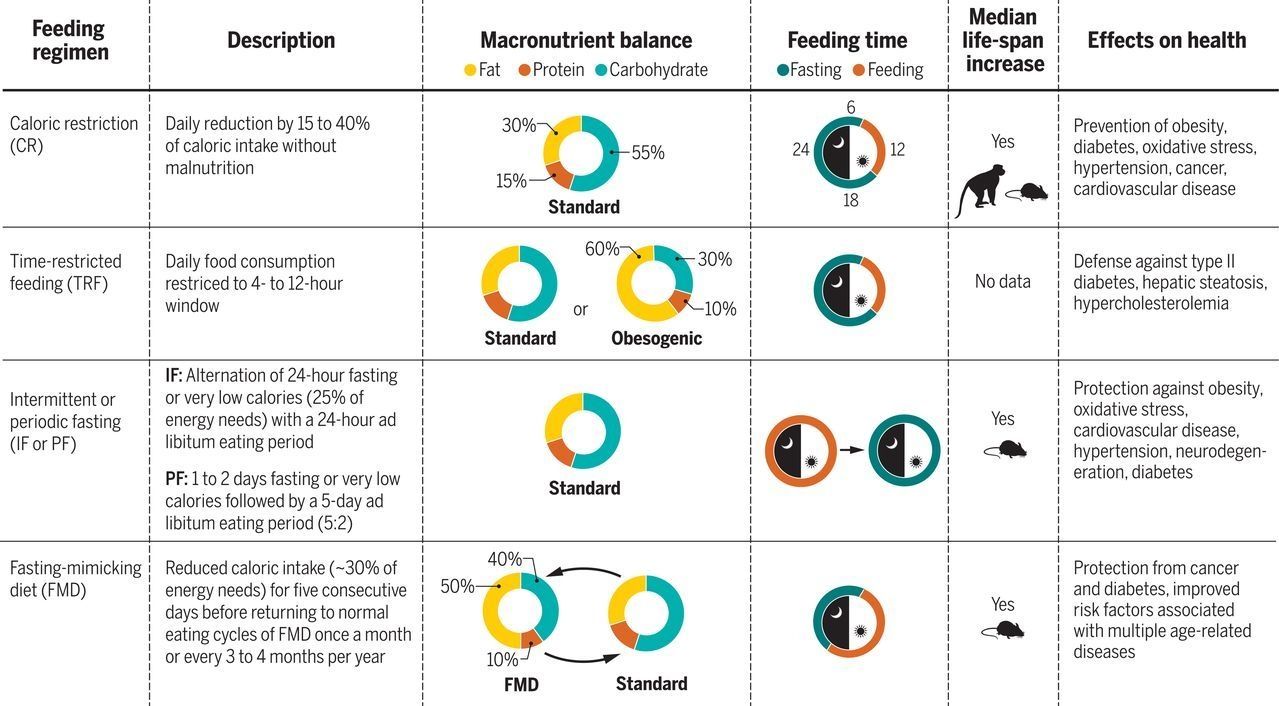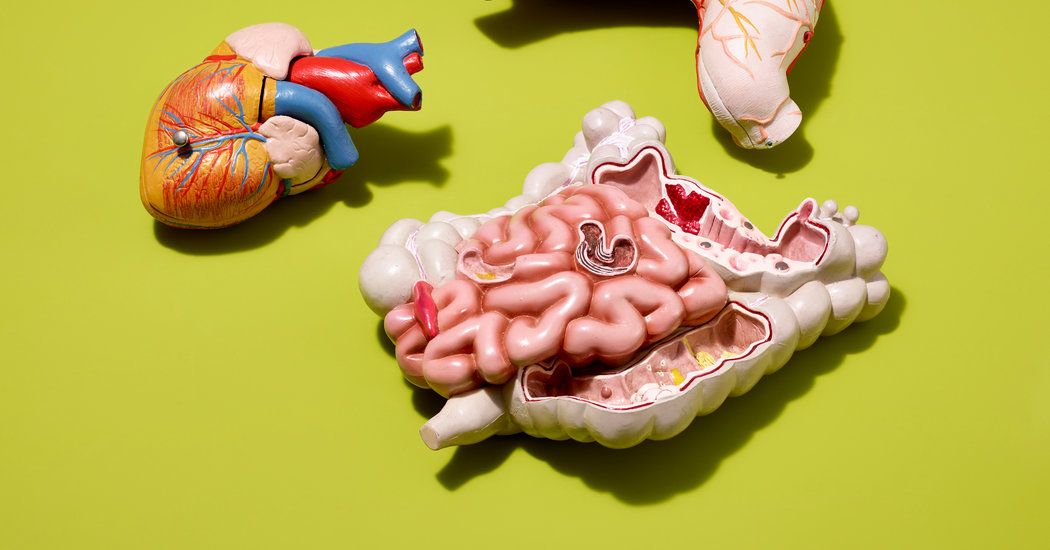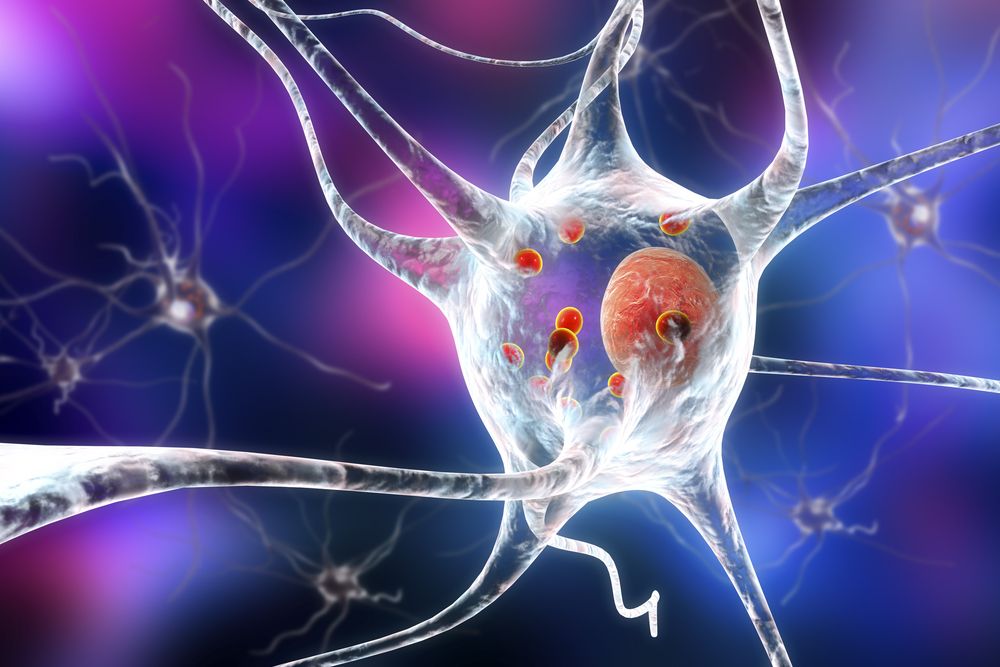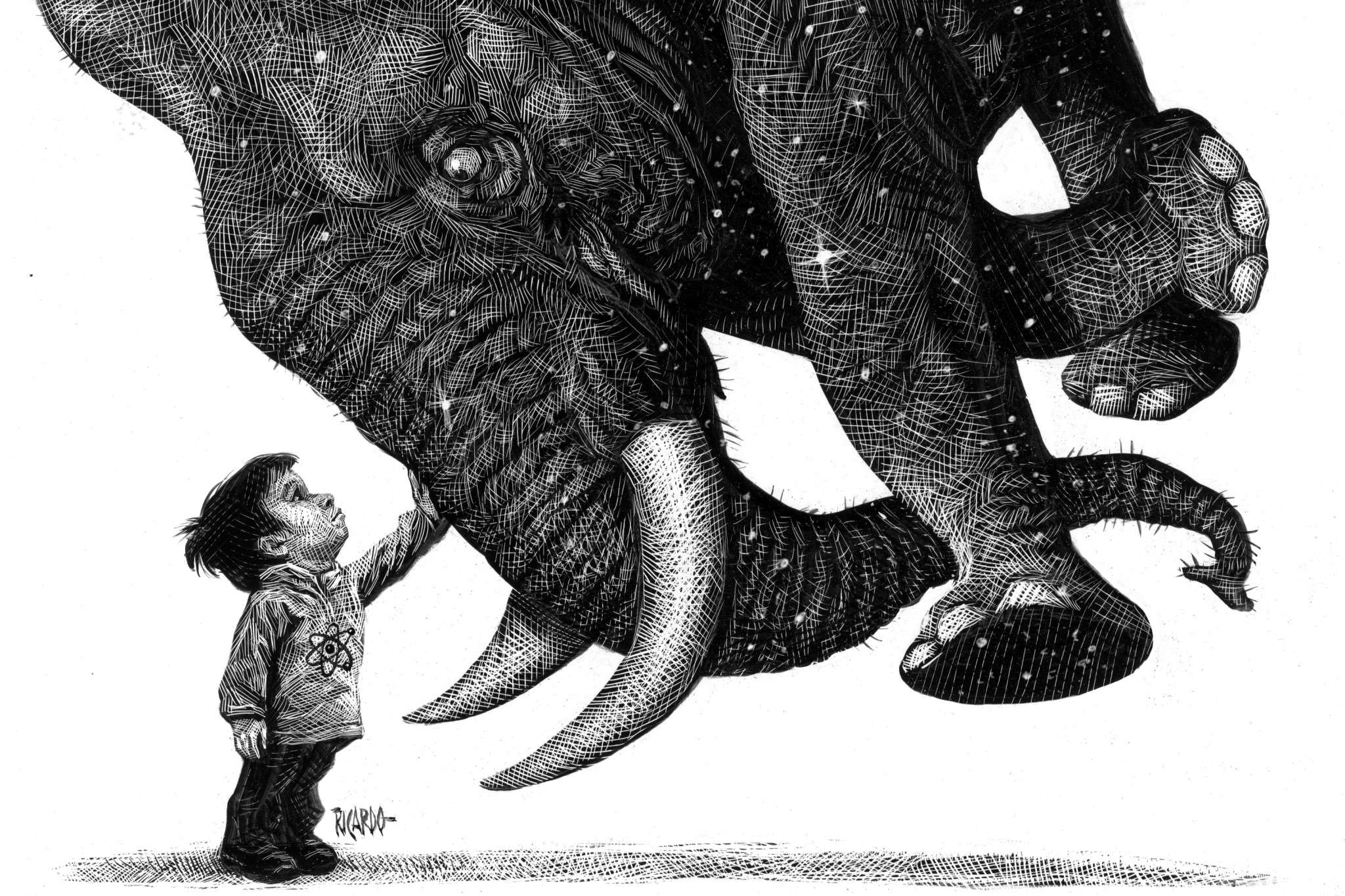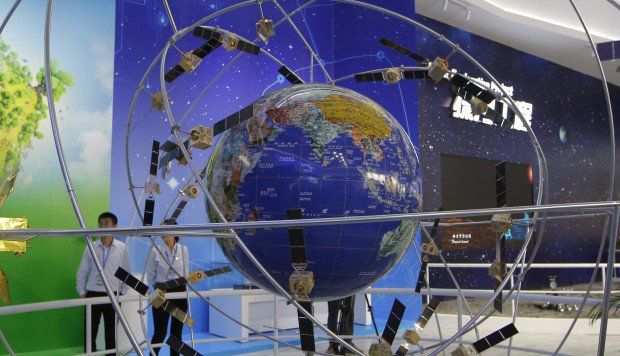Page 8514
Nov 20, 2018
With Brain Implants, Scientists Aim to Translate Thoughts into Speech
Posted by Genevieve Klien in categories: biotech/medical, neuroscience
Experts increasingly think a system that could help paralyzed patients is within reach.
- By Sharon Begley, STAT on November 20, 2018
Nov 20, 2018
A time to fast
Posted by Lilia Lens-Pechakova in categories: biotech/medical, economics, genetics, life extension, neuroscience
! A new review on the positive effects on lifespan and health of fasting and calorie restriction.
Nutrient composition and caloric intake have traditionally been used to devise optimized diets for various phases of life. Adjustment of meal size and frequency have emerged as powerful tools to ameliorate and postpone the onset of disease and delay aging, whereas periods of fasting, with or without reduced energy intake, can have profound health benefits. The underlying physiological processes involve periodic shifts of metabolic fuel sources, promotion of repair mechanisms, and the optimization of energy utilization for cellular and organismal health. Future research endeavors should be directed to the integration of a balanced nutritious diet with controlled meal size and patterns and periods of fasting to develop better strategies to prevent, postpone, and treat the socioeconomical burden of chronic diseases associated with aging.
The worldwide increase in life expectancy has not been paralleled by an equivalent increase in healthy aging. Developed and developing countries are facing social and economic challenges caused by disproportional increases in their elderly populations and the accompanying burden of chronic diseases. Geriatricians and gerontologists have contributed greatly to our understanding of the consequences and processes that underlie aging from clinical, social, mental, physical, and biological perspectives. The primary goal of aging research is to improve the health of older persons and to design and test interventions that may prevent or delay age-related diseases. Besides socioeconomic status, energy, environmental quality, and genetics are the most powerful determinants of health and longevity. Although environmental quality and genetics are not under our direct control, energy intake is.
Nov 20, 2018
How Can We Unleash the Immune System?
Posted by Genevieve Klien in category: biotech/medical
Although immunotherapy can work wonders for cancer, it does not help everyone, side effects can be fierce, and costs are high. But the field is young.
Nov 20, 2018
Eurosymposium on Healthy Ageing – Sven Butlerijs
Posted by Steve Hill in categories: biotech/medical, life extension
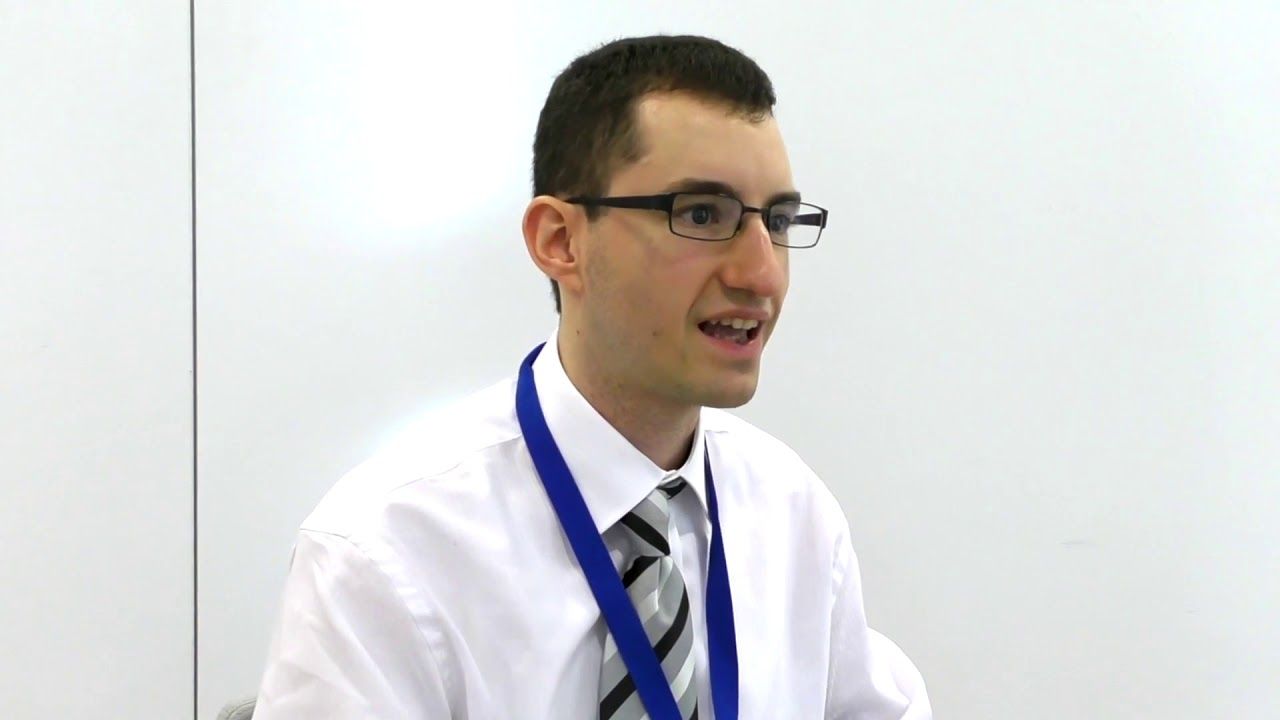
At the Eurosymposium on Healthy Ageing, we had the opportunity to interview Sven Butlerijs of the Healthy Life Extension Society (HEALES). Some of our regular readers may recall seeing Sven join us for some of the monthly episodes of the Journal Club and he is an active figure in the rejuvenation biotechnology field.
During the interview with Nicola Bagalà, Sven discusses the extracellular matrix, its role in human biomechanics, what happens when it ages and stiffens, the role of cross-linking in collagen, and the possibility of interventions.
Nov 20, 2018
Inhibiting USP13 Might Prove Effective Against Parkinson’s Disease
Posted by Nicola Bagalà in categories: biotech/medical, neuroscience
Researchers at Georgetown University Medical Center discovered that the protease USP13 (ubiquitin-specific peptidase 13) plays a role in the accumulation of toxic alpha-synuclein aggregates that characterize Parkinson’s disease [1].
Abstract
Ubiquitin specific proteases (USPs) are de-ubiquitinases that control the protein ubiquitination cycle. The role of de-ubiquitinases is poorly understood in neurodegenerative diseases. We found that USP13 is overexpressed in the post-mortem Parkinson’s disease (PD) brain. We investigated whether changes in USP13 levels can affect two molecules, parkin and alpha-synuclein, that are implicated in PD pathogenesis. Parkin is an E3 ubiquitin ligase that is regulated by ubiquitination and targets certain proteins for degradation, and alpha-synuclein may be ubiquitinated and recycled in the normal brain. We found that USP13 independently regulates parkin and alpha-synuclein ubiquitination in models of alpha-synucleinopathies. USP13 shRNA knockdown increases alpha-synuclein ubiquitination and clearance in a parkin-independent manner.
Continue reading “Inhibiting USP13 Might Prove Effective Against Parkinson’s Disease” »
Nov 20, 2018
Today is the 20th anniversary of the International Space Station
Posted by Michael Lance in categories: innovation, space
Our orbiting laboratory is a unique place – a convergence of science, technology and human innovation that demonstrates new technologies and makes research breakthroughs not possible on Earth. Unpack its architecture here: https://go.nasa.gov/2FzkBtf #SpaceStation20th
Nov 20, 2018
A dark matter hurricane is headed our way
Posted by Michael Lance in categories: climatology, cosmology
According to a recent paper, the Earth is caught directly in the crosshairs of a cosmic hurricane. A swarm of nearly 100 stars, accompanied by an even greater amount of dark matter, is aimed directly at our stellar neighborhood and there’s nothing we can do to stop it; in fact, the vanguard is already upon us. This sounds like a perfect summer blockbuster movie, starring The Rock and Chris Pratt, or maybe Scarlett Johansson and Charlize Theron.
Nov 20, 2018
Dark energy is mutating, with grave consequences for the cosmos
Posted by Michael Lance in category: cosmology
No one really knows what dark energy is, beyond the fact that it makes up two-thirds of everything – but the signs are that it’s growing stronger.
Nov 20, 2018
China one step closer satellite navigation system Beidou that could threaten dominance of GPS
Posted by Michael Lance in category: habitats
China moved a step closer to its dream of building a satellite navigation system that could challenge America’s GPS.
Aerospace firm plans a giant leap for Chinese satellite coverage with global network
Yang Changfeng, the chief designer of the system, said a basic Beidou-3 network would be in place by the end of the year to serve countries that have signed up for China’s Belt and Road Initiative – an ambitious transcontinental infrastructure initiative.
